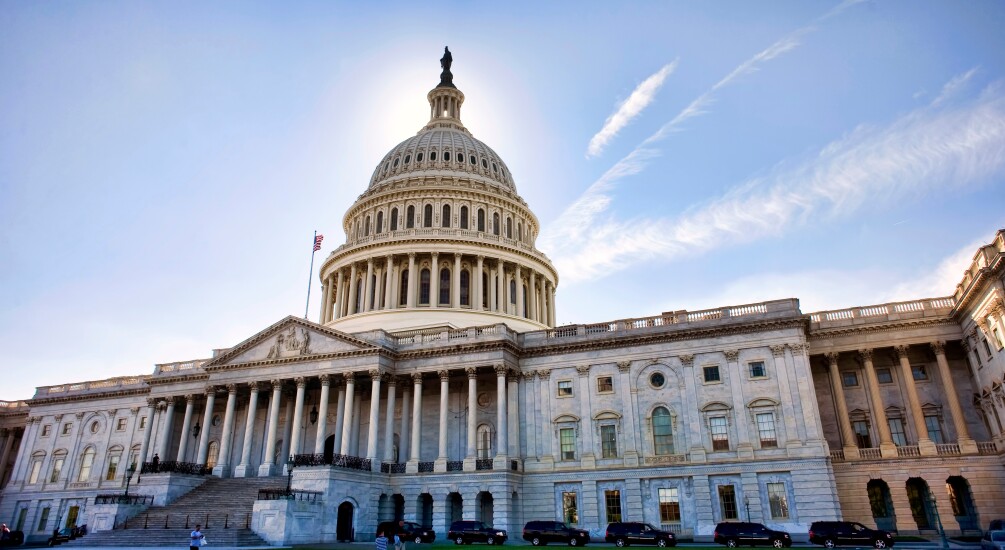In terms of retirement, 2023 was a very different year from
For one thing, 2023 was the year Secure 2.0 and the IRA began to take effect, yielding both savings and side effects. The Supreme Court struck down Biden's student debt relief order, putting school loans on a collision course with retirement savings. The Department of Labor proposed a new rule that would extend the fiduciary standard to all retirement advice, stirring the fiercest controversy retirement has seen in a long time.
Meanwhile, changes percolated in the private sector as well. Retirement plan providers gradually adopted more automatic features, defaulting workers into higher savings. And as inflation and stock volatility battered retirement savings, more and more Americans turned to annuities for help.
As 2024 draws near, here's a look back at the biggest retirement news of 2023:






